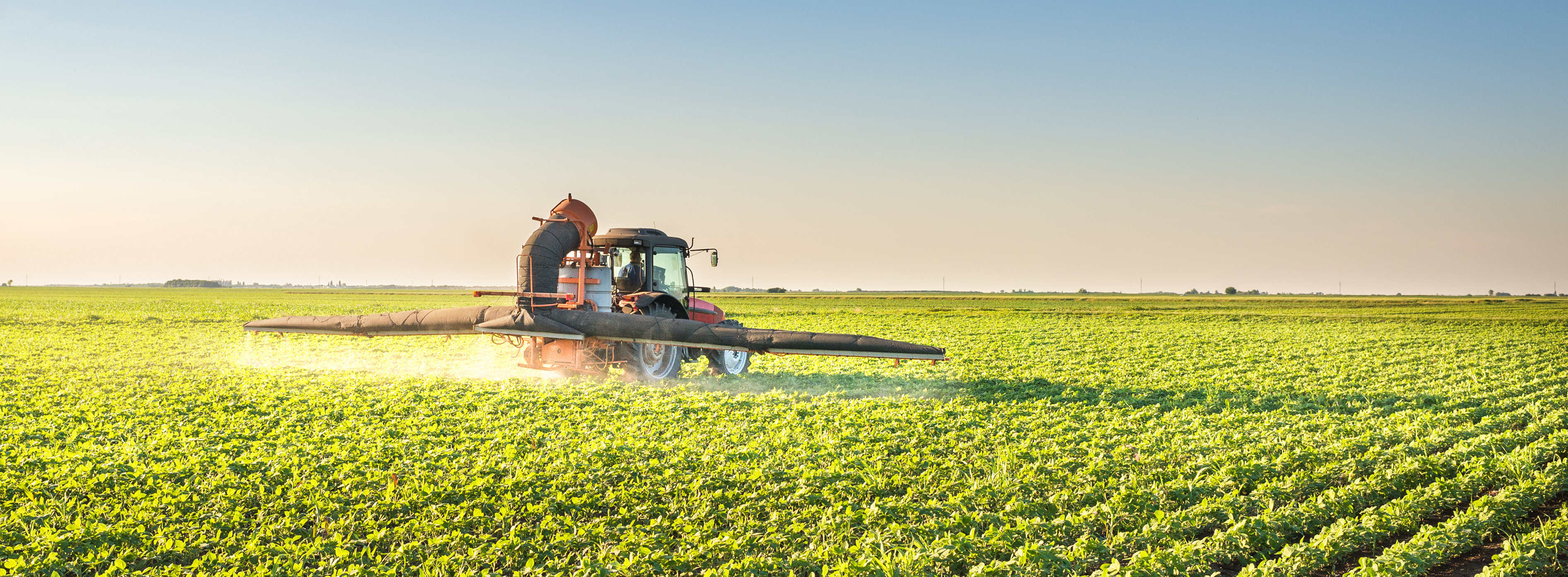In today’s talking points: Cyclone Debbie damage bill for farmers could hit $1b, agricultural groups warn; CommBank research: Aussie younger farmers more likely to invest; Australia and China strengthening ties with new ‘Dialogue on Innovation’ agreement; Expansion of beef exports to China a ‘game changer.’
Cyclone Debbie damage bill for farmers could hit $1b, agricultural groups warn
Cyclone Debbie is expected to cross the coast on Tuesday morning south of Bowen as a large category four cyclone, with winds in excess of 200 kilometres an hour. It has the potential to wipe out fruit, vegetable and sugar cane crops worth more than one billion dollars, devastating regional communities and sending prices soaring at the green grocers. The Bowen area is between Mackay and Townsville, and it produces most of Australia’s winter vegetable crop, including capsicum, tomato, eggplant, pumpkin, cucumber, beans and corn. Not only is this region an important fruit supplier, but also the horticulture in the region turned over $450 million a year and employed 3,500 people. According to research, fruit and vegetable farmers could see $2m in individual losses and the losses could lead to some vegetables and fruits’ price rise.
Read more at ABC
CommBank research: Aussie younger farmers more likely to invest
Younger Australian farmers are more likely to invest in their farming businesses and their own skills, according to Commonwealth Bank research released ahead of the Farm World field days at Warragul. Recently research from the Commonwealth Bank reveals that younger Australian farmers are more likely to invest in their farming businesses and their own skills. It also gathered as part of the most recent Commonwealth Bank Agri Insights survey, that farmers under 45 have stronger investment intentions across a range of measures. The results showed younger farmers were committed to getting the most out of their operations, according to CommBank regional and agribusiness banking general manager for Victoria and Tasmania Darryl Mohr. Agribusiness is becoming a more complex and technologically driven sector. Farmers more and more realize that success means investment not only in the farm itself, but also in their own continued upskilling and in working with the right specialist partners.
Read more at Weekly Times
Australia and China strengthening ties with new ‘Dialogue on Innovation’ agreement
Australian and Chinese governments have recently signed a AU$12 million formal ‘Dialogue on Innovation’ agreement. This is significant news for the business, research, and government sectors as this aims to facilitate greater exchange of ideas between both countries. As part of this arrangement, Australia and China will both contribute up to AU $6 million over three years to the Australia-China Science and Research Fund (ACSRF) and its joint research centres. These centres were set up last April, with the intention of addressing challenges in marine science, food and agribusiness, mining equipment and technology. The Minister for Industry and innovation and science Arthur Sinodinos reported that most of the funding will be directed towards advanced manufacturing, medical technologies, pharmaceuticals, resources and energy. Additionally the State Intellectual Property Office of the People’s Republic of China and IP Australia have signed a new memorandum of understanding on issues of Intellectual Property.
Read more at Zdnet
Expansion of beef exports to China a ‘game changer’
Billionaire and mining and agriculture entrepreneur Andrew Forrest – said that new agreements between Australia and China regarding the trading of beef, are a ‘game changing announcement’ for the Australian agriculture industry. China is Australia’s largest trading partner, with chilled beef exports already worth AU$400 million a year. In talks with Premier Li Keqiang on his recent visit to Australia, Malcom Turnbull said that expansion of chilled beef trade arrangement would really drive significant future growth, “Australia is the only country in the world with this market access.” While originally, only 11 exporters had access to trading beef this has now opened up to all eligible Australian exporters.
Read more at Farm Weekly

